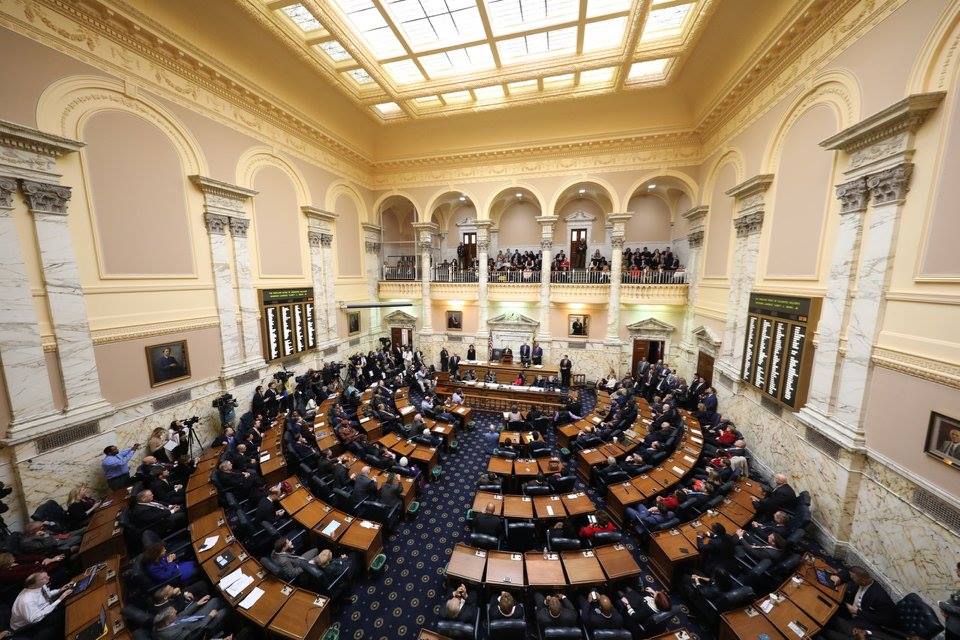By Len Lazarick
A brief, perfunctory hearing in a Senate committee Tuesday made a weak case for Gov. Larry Hogan’s legislation to make the legislature’s proceedings more open and accessible to the public.
Hogan’s Transparency Act of 2018 (SB295/HB352), sponsored by almost all Republican lawmakers and no Democrats, requires the legislature to live video stream and archive all sessions of the House and Senate and their committees, including voting sessions.
The governor’s communications staff put out a “Hearing Alert” promoting the bill, but Deputy Legislative Officer Heidi Dudderar was the only person to testify for the legislation before the Senate Health, Education and Environmental Affairs Committee.
Sen. Cheryl Kagan, D-Montgomery, noted the conspicuous absence of good government groups Common Cause and League of Women Voters, who generally support more openness in government. The Maryland-Delaware-D.C. Press Association submitted a brief statement supporting the bill.
Committee Democrats expressed concern about the $1.1 million price tag to install the cameras and other equipment in the 120-year old chambers. Dudderar assured them Hogan would put the money in the budget.
Operating costs cut in half
There was no mention that the Department of Legislative Services had cut its estimates of the operating costs for airing chamber proceedings in half from last year. After installation, the cost of staffing was cut from upwards of $425,000 a year to little more than $200,000 a year. Yet the estimate was still based on the idea that that DLS would need two full-time staff year-round to maintain and operate a system that operates only 90 days a year.
Hearings in the House and Senate committees are already live video streamed and archived, but voting sessions in committee, where members debate the merits of bills, are not. Audio of sessions of the full Senate and House have been streamed and archived for years, but since no personal names are allowed to be used during debate, it is often difficult to know who is talking.
“I love transparency all the time,” said EHE Committee Chairman Joan Carter Conway, but she expressed concern about the million-dollar price tag for installation.
Sen. Ron Young, D-Frederick, asked why meetings of the governor’s cabinet should not be videoed. Dudderar pointed out that the meetings of the Board of Public Works, which approves all major state contracts and is chaired by the governor, are lived streamed and archived. She also said the governor’s press conferences are video streamed on the governor’s Facebook page.
Meetings of the governor’s cabinet are specifically exempted from the Open Meetings Act, as are jury deliberations.
The proposal to live stream and archive debate in the chambers and voting sessions have been resisted by Democratic legislative leaders in past years.
The House version of the legislation has been sent to its rules committee. Last year, the House Rules Committee, made up largely of Democratic leaders, heard similar legislation but did not take a vote, effectively killing the measure.
Maryland is one of only seven states that do not live stream video of any of its legislative sessions, though the others like Maryland do offer audio.



Would like to know more about why there is opposition to more transparency. Why should the debating of a bill be off limits to the public? Also, the cry about the $1 million price tag is hypocritical. Since when did a price tag deter our lawmakers.